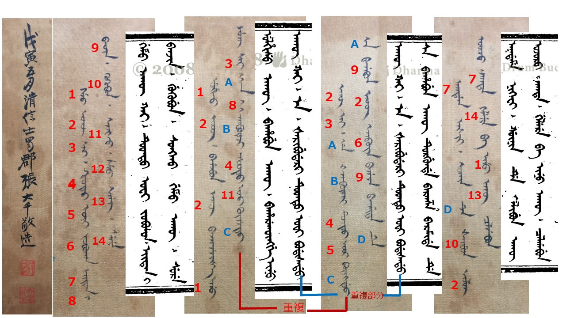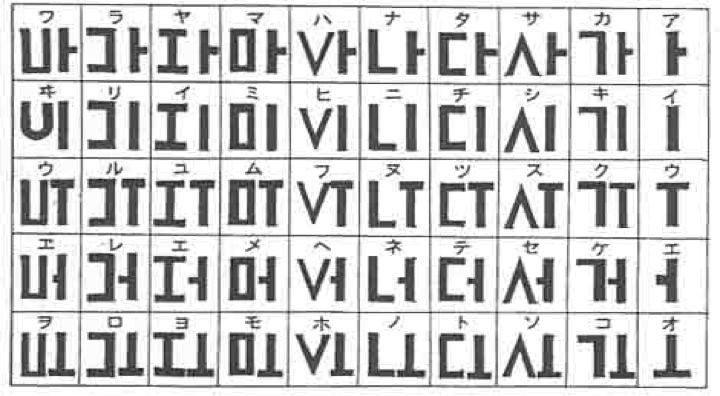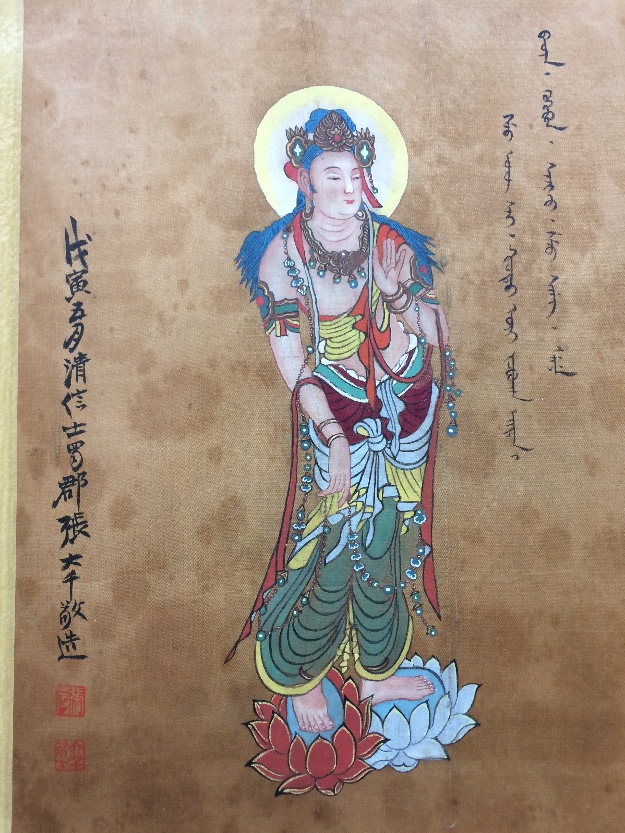"Lying flat" and "Buddha whatever" (part 2)
A week or so ago, we looked at the phenomenon of "lying flat" (see under "Selected readings" below).
Karen Yang writes from China:
Hahahahha, tang ping ["lying flat"] was kind of a hot topic last month, for about one week. Maybe it’s because the College Entrance Exam was on-going, people tended to talk about life attitude such as tang ping or work hard. But you know how fast the Internet in China moves on, so I wouldn’t say tang ping is a significant movement.
On the other hand, foxi (佛系) is a rather more frequently used word similar to tang ping. Basically it describes that young generations in East Asia, especially in Japan, tend to be indifferent or even negative about money, promotion, marriage, raising kids and so on, just like a Buddha. It’s an attitude in response to the heavy pressure brought by social development.
Read the rest of this entry »


